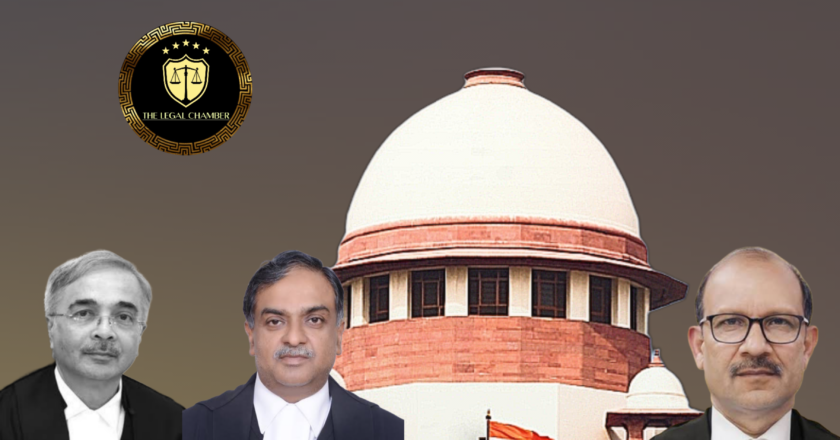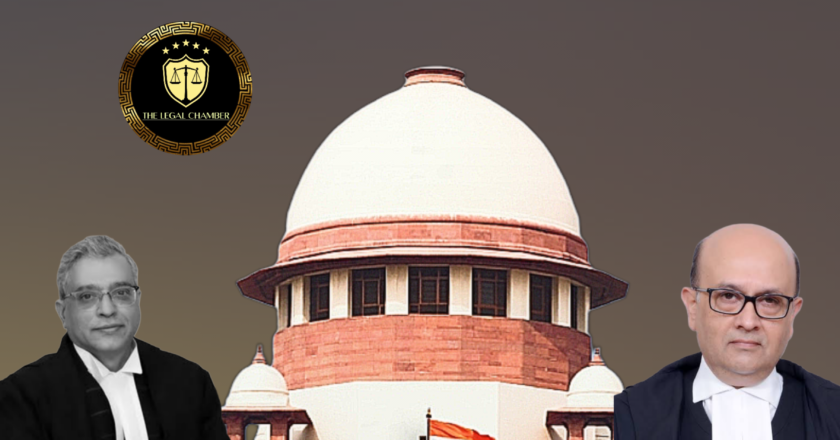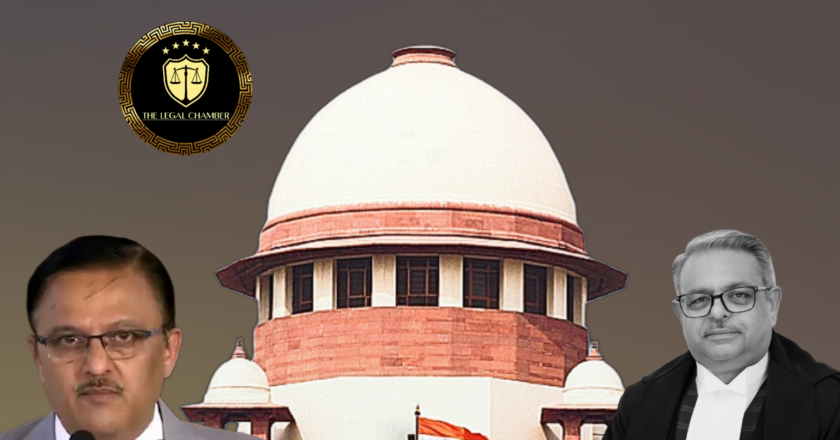Supreme Court’s New Rule: Stray Dogs Can Be Returned to Streets After Sterilization
This Supreme Court order modifies its earlier directions on stray dog management, balancing fundamental rights under Article 21 (Right to Life) with the statutory Animal Birth Control (ABC) Rules, 2023. The Court clarified that sterilized and immunized dogs must be released back to their localities as per Rule 11(19) of the ABC Rules, while allowing permanent impounding only for rabid or aggressively dangerous dogs. It issued supplementary directives, including creating designated feeding zones, and expanded the case's scope to all states and union territories for a uniform national policy.
Facts Of The Case:
The Supreme Court's intervention was triggered by a suo motu cognizance of a news report titled “City Hounded by Strays, Kids Pay Price,” detailing the death of a six-year-o...


